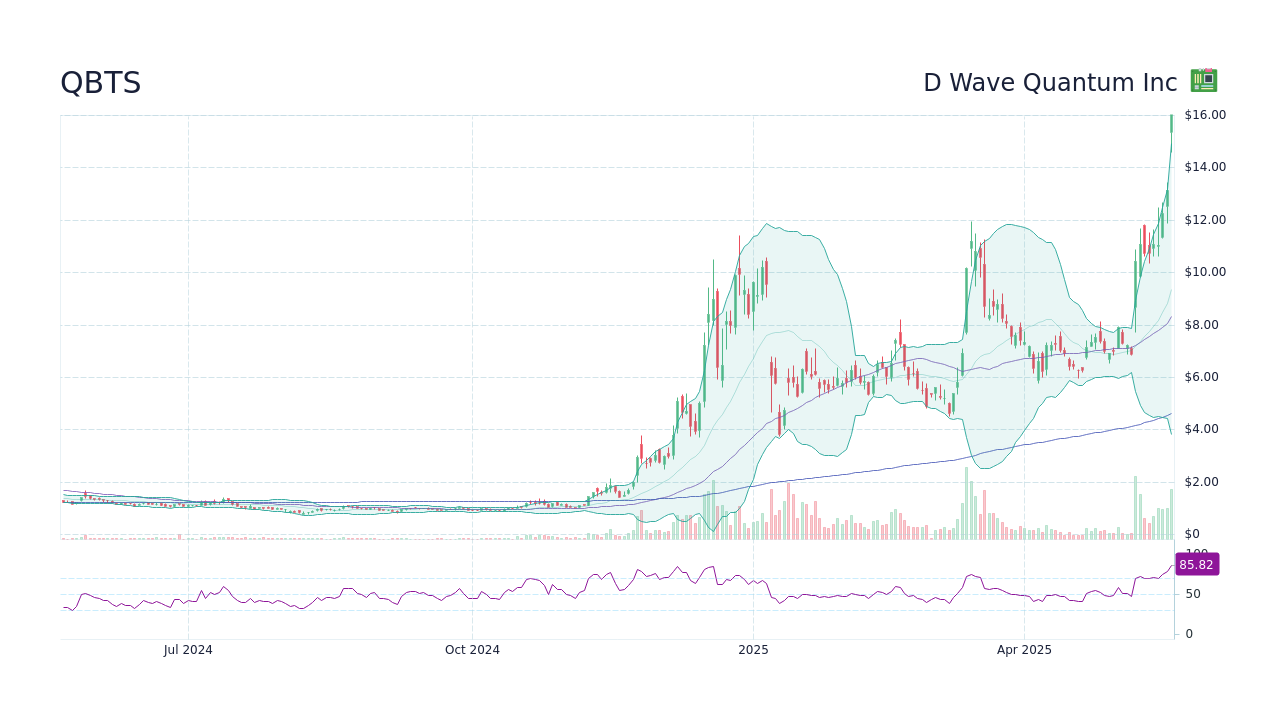Rebuilding Siri: Apple's Focus On LLM Technology

Table of Contents
Apple's Acknowledged Shift Towards LLMs
Apple's previous approach to Siri relied heavily on rule-based systems and simpler AI techniques. While functional, this approach limited Siri's ability to understand complex queries, engage in natural conversations, and adapt to diverse user needs. The rise of LLMs, with their ability to process and generate human-like text, presents a significant opportunity for Apple to dramatically improve Siri's AI. Although Apple hasn't explicitly detailed its LLM strategy in the same way some competitors have, their investments in AI research and development, coupled with various patents and job postings, strongly suggest a significant commitment to incorporating LLM technology into Siri. This shift reflects a broader industry trend toward LLMs as the foundation for next-generation AI applications.
- Increased accuracy in natural language processing: LLMs enable Siri to better understand the nuances of human language, including slang, idioms, and regional dialects.
- Enhanced contextual understanding: Siri can maintain context across multiple turns in a conversation, leading to more fluid and natural interactions.
- More complex and nuanced responses: Instead of simple, factual answers, Siri can provide more comprehensive and insightful responses, tailored to the user's specific needs.
- Improved personalization and customization: LLMs allow Siri to learn user preferences and adapt its responses accordingly, leading to a more personalized and intuitive experience.
Technical Challenges and Solutions in Rebuilding Siri
Integrating LLMs into Siri presents several significant technical hurdles. The sheer computational power required to run these models is substantial, raising concerns about battery life and performance on mobile devices. Furthermore, ensuring user privacy while leveraging the vast datasets needed to train LLMs is paramount.
- Balancing performance with privacy: Apple's strong focus on user privacy necessitates finding innovative ways to utilize LLMs without compromising sensitive data. On-device processing, federated learning, and differential privacy are potential solutions.
- Managing computational resources for LLM processing: Optimizing LLMs for mobile devices requires significant engineering effort, potentially involving model compression, quantization, and efficient hardware acceleration.
- Ensuring seamless integration with the existing Apple ecosystem: Siri must integrate smoothly with other Apple services and devices, maintaining a consistent and intuitive user experience.
- Addressing potential biases in LLM training data: LLMs are trained on massive datasets, which may contain biases. Mitigating these biases is crucial to ensure fairness and avoid perpetuating harmful stereotypes.
Expected Improvements and New Features in the Rebuilt Siri
The incorporation of LLMs promises a significant upgrade to Siri's functionality. We can expect a virtual assistant that's far more capable and engaging.
- More natural and engaging conversations: Siri will be able to participate in more complex and nuanced conversations, understanding context, subtleties, and user intent more effectively.
- Improved task completion capabilities: Siri could handle complex scheduling, synthesize information from multiple sources, and provide more helpful recommendations.
- Enhanced multi-turn dialogue understanding: Siri will remember and use previous turns in the conversation to provide more relevant and accurate answers.
- Proactive assistance and personalized recommendations: By learning user habits and preferences, Siri could proactively offer assistance and personalized suggestions.
The Competitive Landscape: Siri vs. Other LLMs
Apple faces stiff competition from other tech giants, including Google with Google Assistant and Amazon with Alexa, all striving to integrate LLMs into their virtual assistants. While competitors might prioritize data-driven improvements and cross-platform compatibility, Apple's strength lies in its focus on privacy and seamless integration within its tightly controlled ecosystem.
- Focus on privacy vs. data-driven improvements: Apple's commitment to privacy may restrict the amount of user data it can utilize to train its LLMs, but this could be seen as a competitive advantage for privacy-conscious users.
- Integration with the Apple ecosystem vs. cross-platform compatibility: Siri's deep integration with iPhones, iPads, Macs, and other Apple devices provides a unique advantage, creating a cohesive user experience.
- Performance on specific tasks: The success of Apple's LLM-powered Siri will depend on its performance on specific tasks, such as complex queries, creative writing, and translation.
The Future of Siri and Apple's LLM Journey
Rebuilding Siri with LLM technology represents a significant strategic shift for Apple. The potential benefits are immense, promising a vastly improved virtual assistant experience. However, significant technical challenges remain, particularly concerning computational resources, privacy, and bias mitigation. The competitive landscape is crowded, but Apple's unique strengths in privacy and ecosystem integration could be key differentiators. Follow the evolution of Rebuilding Siri, and stay informed about Apple's LLM integration into Siri to learn more about the future of Siri's AI powered by LLMs.

Featured Posts
-
 Tampoy Eksereynontas Ton Erota Ti Fygi Kai Ti Syllipsi Stin Koinonia
May 20, 2025
Tampoy Eksereynontas Ton Erota Ti Fygi Kai Ti Syllipsi Stin Koinonia
May 20, 2025 -
 Actors And Writers Strike The Impact On The Hollywood Entertainment Industry
May 20, 2025
Actors And Writers Strike The Impact On The Hollywood Entertainment Industry
May 20, 2025 -
 Hunter Biden Recordings Assessing President Bidens Mental Fitness
May 20, 2025
Hunter Biden Recordings Assessing President Bidens Mental Fitness
May 20, 2025 -
 Hmrc Tax Refunds A Payslip Check Could Reveal Millions Owed To You
May 20, 2025
Hmrc Tax Refunds A Payslip Check Could Reveal Millions Owed To You
May 20, 2025 -
 Charles Leclercs Richard Mille Rm 72 01 Specifications And Price
May 20, 2025
Charles Leclercs Richard Mille Rm 72 01 Specifications And Price
May 20, 2025
Latest Posts
-
 Market Analysis Why D Wave Quantum Qbts Stock Declined On Monday
May 20, 2025
Market Analysis Why D Wave Quantum Qbts Stock Declined On Monday
May 20, 2025 -
 D Wave Quantum Qbts Stock Price Movement On Monday Causes And Implications
May 20, 2025
D Wave Quantum Qbts Stock Price Movement On Monday Causes And Implications
May 20, 2025 -
 Collins Aerospace Layoffs Impact On Cedar Rapids Workforce
May 20, 2025
Collins Aerospace Layoffs Impact On Cedar Rapids Workforce
May 20, 2025 -
 The Reasons Behind D Wave Quantum Qbts Stocks Monday Drop
May 20, 2025
The Reasons Behind D Wave Quantum Qbts Stocks Monday Drop
May 20, 2025 -
 Analyzing The D Wave Quantum Qbts Stock Fall On Monday
May 20, 2025
Analyzing The D Wave Quantum Qbts Stock Fall On Monday
May 20, 2025
